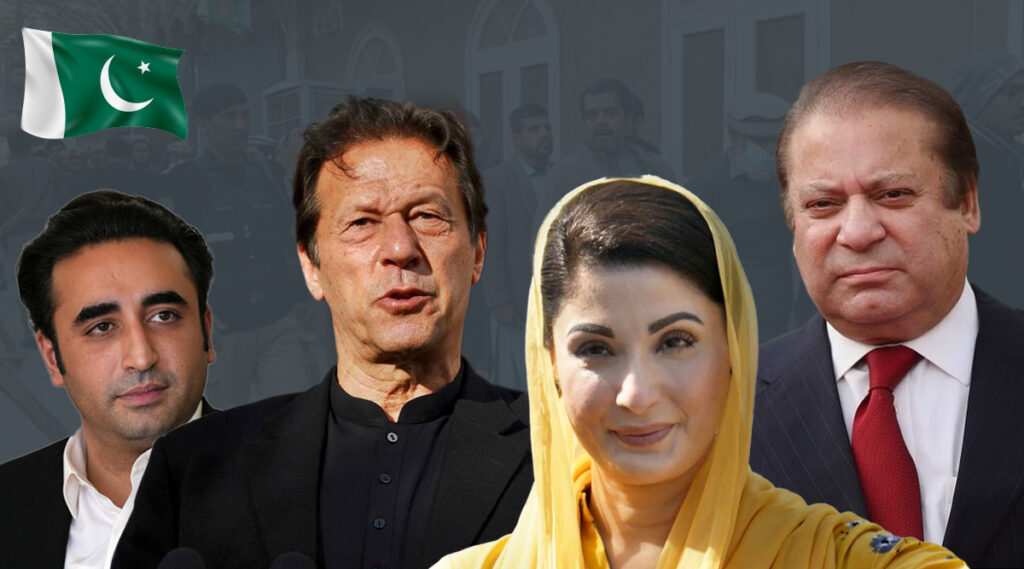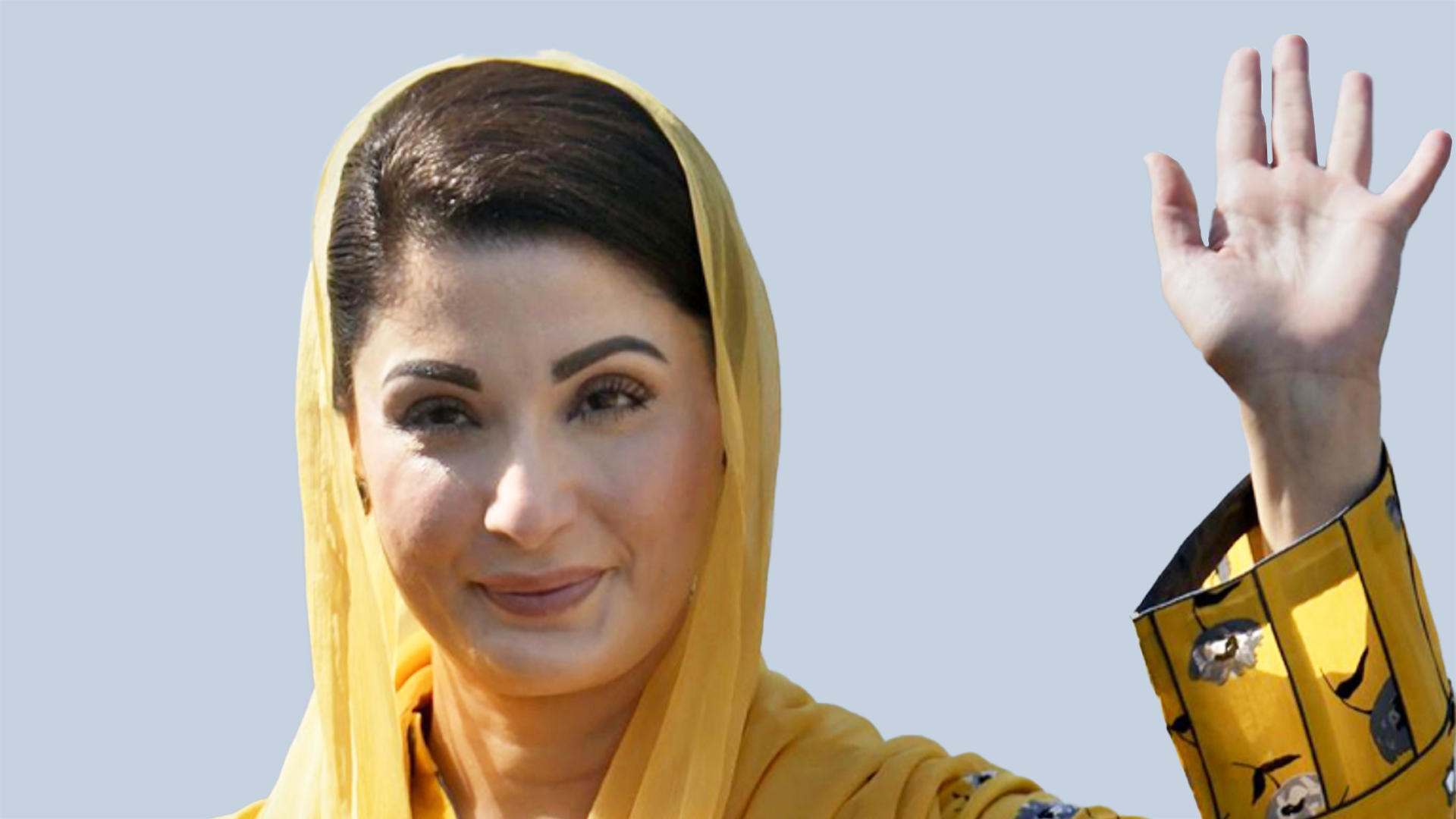Maryam Nawaz, the daughter of former Pakistani Prime Minister Nawaz Sharif, recently took the oath as an MLA, marking a significant development in the country’s political landscape. The oath-taking ceremony, administered by Punjab Assembly Speaker Sibtain Khan, saw participation from 313 MLAs, including 215 from the Pakistan Muslim League-Nawaz (PML-N) and its allies, as well as 98 candidates backed by Imran Khan, who joined the Sunni Ittehad Council (SIC) party.
Amidst the ceremony, members of the Pakistan Tehreek-e-Insaf (PTI) party, led by former PM Imran Khan, raised slogans, reflecting the political tensions surrounding Maryam Nawaz’s emergence as a prominent figure in Pakistani politics.
Maryam Nawaz’s candidacy for the post of Chief Minister of Punjab Province from the PML-N party underscores the party’s majority in the Punjab Assembly, with 215 seats out of a total of 371, positioning her for the role of Chief Minister.

The inaugural session of the Punjab Assembly, the largest elected house in Pakistan, with 371 seats, experienced delays but eventually commenced with Sibtain Khan administering oaths to the elected MLAs. Notably, on February 24, 148 out of 168 MLAs took oaths in the Sindh Assembly, further highlighting the political activities across the country’s provinces.
The political journey of Maryam Nawaz began in 2011 when she entered active politics, initially focusing on delivering speeches at universities and advocating for women’s issues. Despite facing challenges, including her father Nawaz Sharif’s disqualification from elections by the Pakistani Supreme Court in 2017 following his implication in the Panama Papers, Maryam Nawaz rose to prominence within the PML-N. Her leadership role within the party was recognized internationally, with notable mentions in the BBC’s list of 100 influential women and the New York Times’ list of the 11 most powerful women in the world.
In the broader context of Pakistani politics, the National Assembly comprises 336 seats, with elections held for 265 seats. However, no party secured a clear majority, with independents supporting Imran Khan holding a significant number of seats. This fragmented political landscape underscores the complexity of governance and coalition-building in Pakistan’s democratic system.
Maryam Nawaz’s ascent to prominence within the PML-N and her potential role as Chief Minister of Punjab Province signify a dynamic shift in Pakistani politics, with implications for governance, party dynamics, and the broader socio-political landscape of the country.




